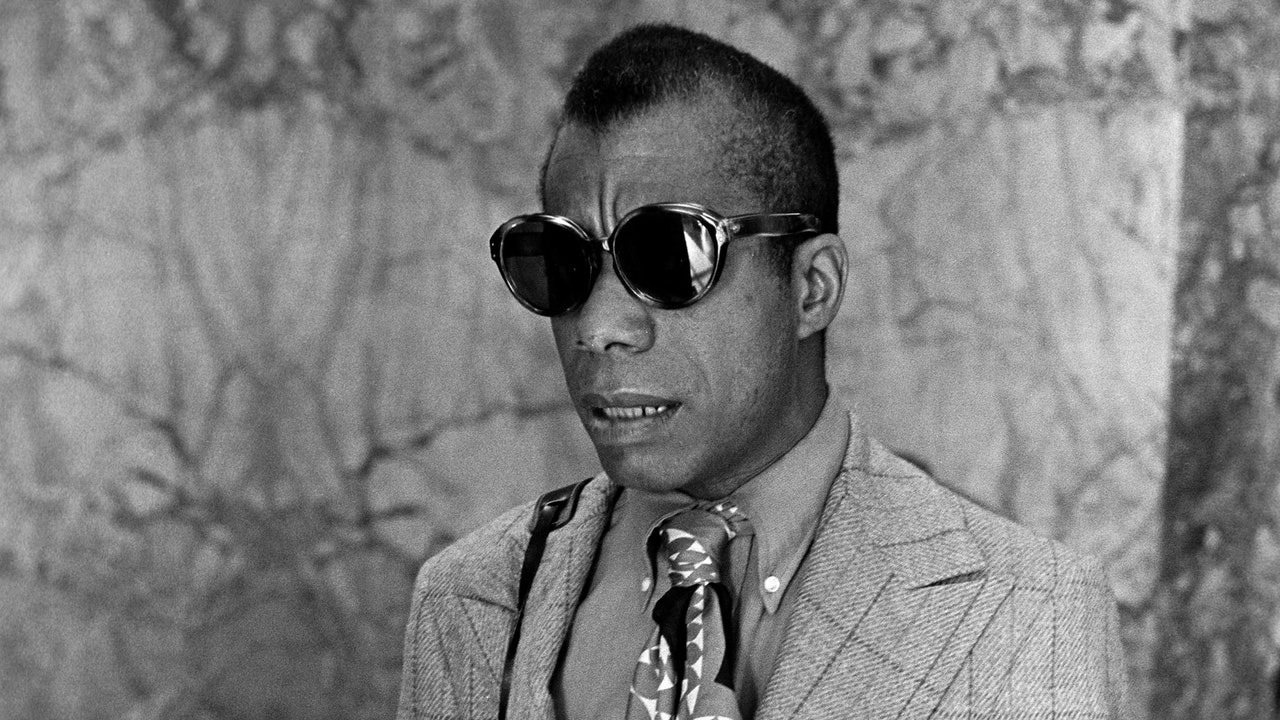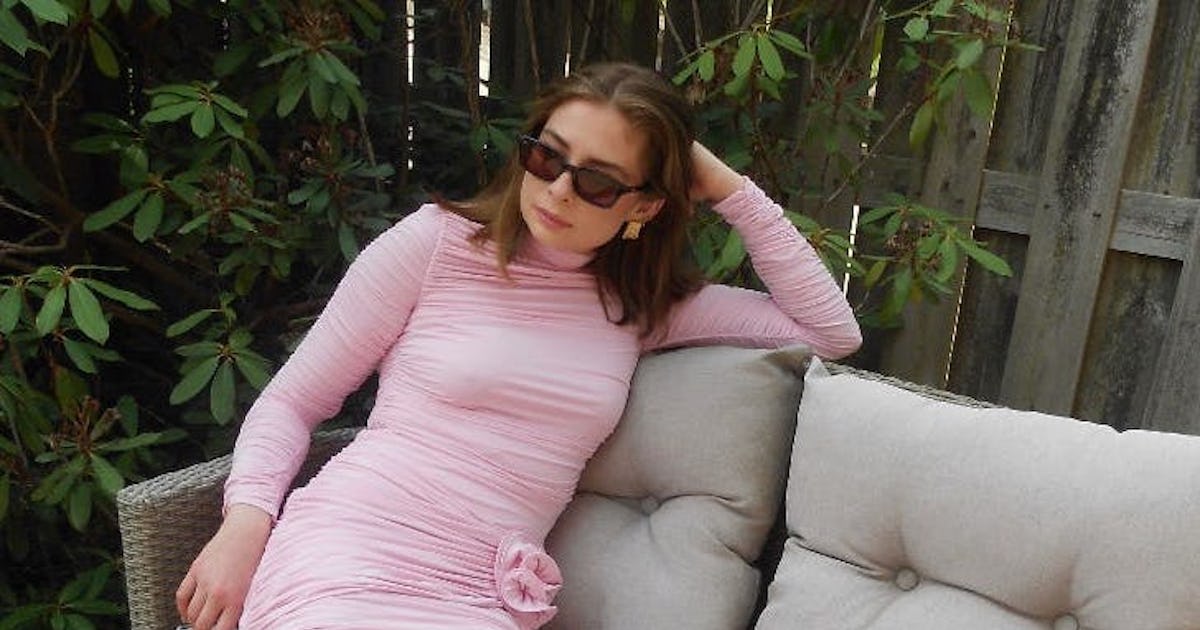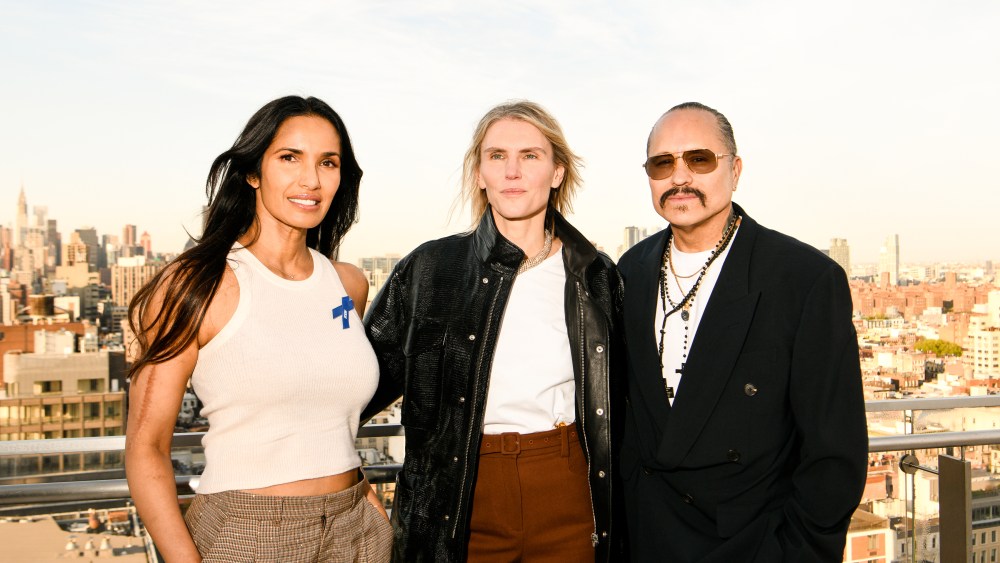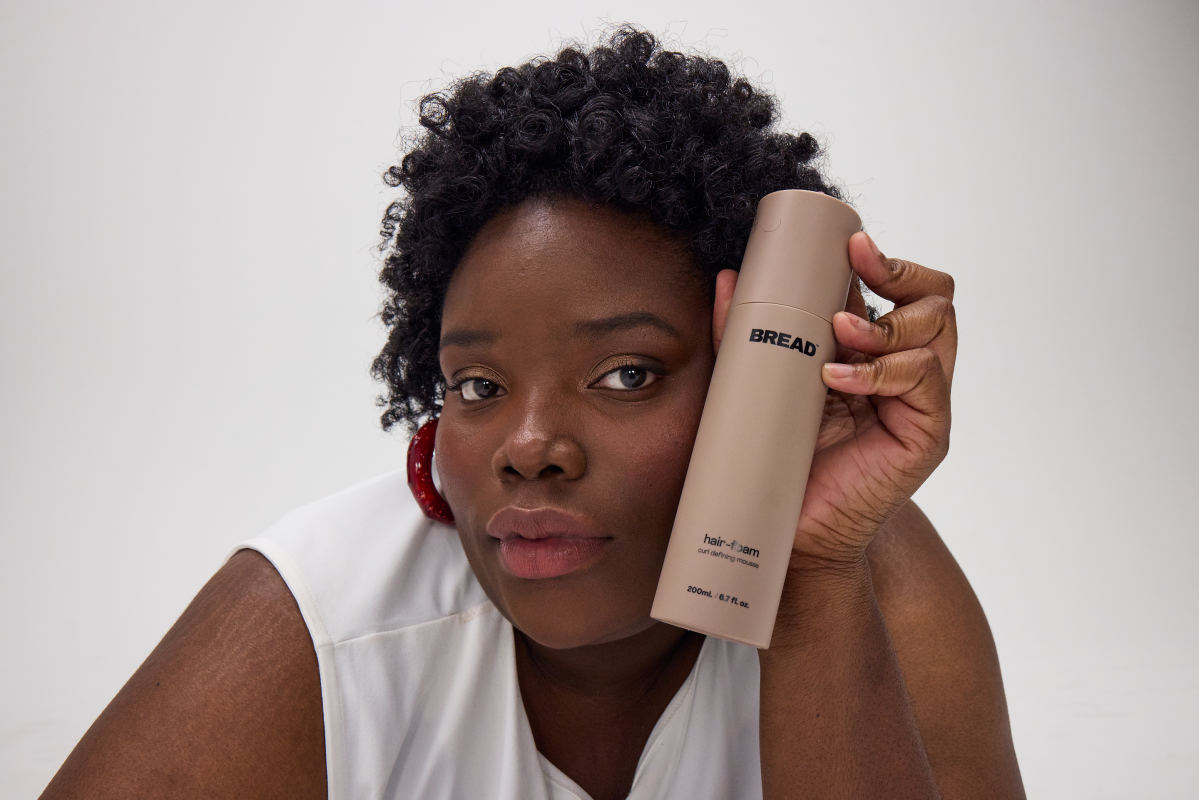
Photo: Courtesy of Bread Beauty Supply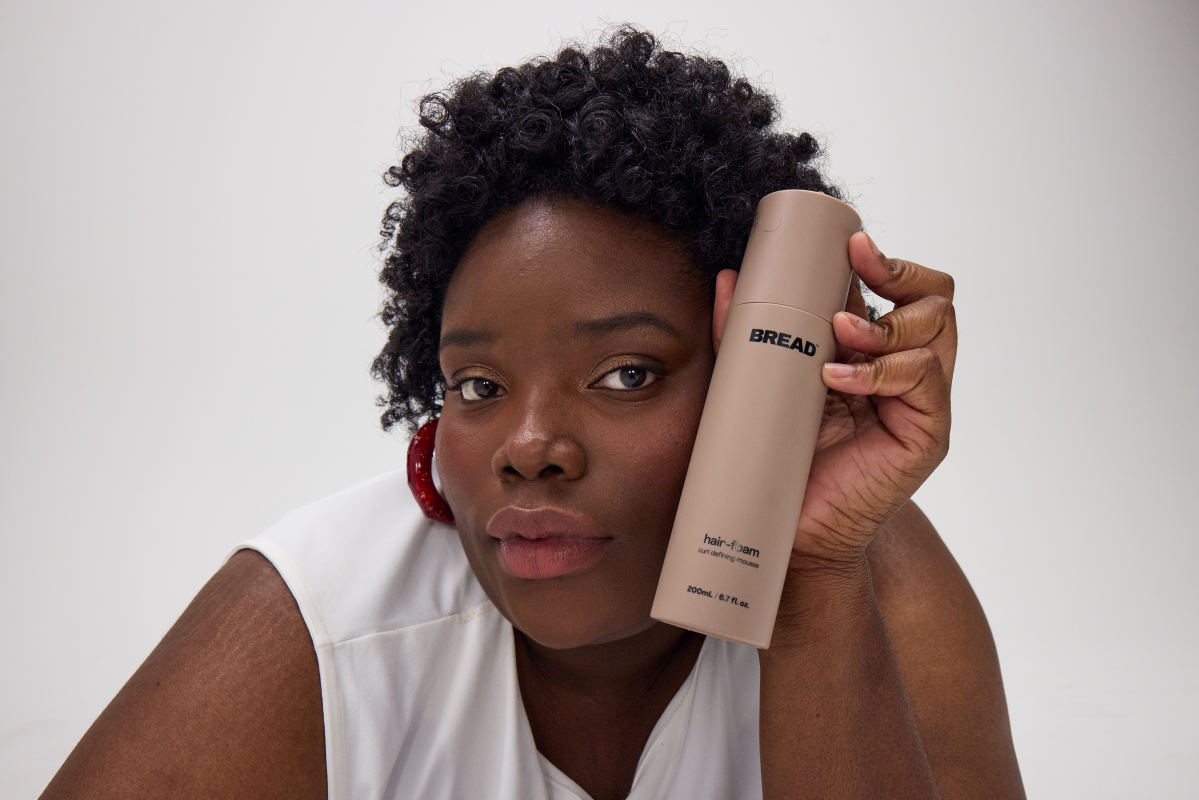
These are the stories making headlines in fashion on Friday.
Bread Beauty Supply acquired by Topicals founder’s holding company
Hair-care brand Bread Beauty Supply has been acquired by Cost of Doing Business (CODB), a holding company created by Topicals founder Olamide Olowe and Topicals President Sochima Mbadugha. Financial terms of the deal were not disclosed. Bread’s founder Maeva Heim will stay on as chief creative officer, while CODB Holdings will lead strategic operations, supported by a newly appointed executive team, advised by Olowe and Mbadugha. In April, Bread will expand its Sephora presence in the U.S. and its Ulta Beauty presence to all stores. {Business of Fashion/paywalled}
London Fashion Week cancels June edition
The British Fashion Council announced on Friday that there will be no standalone London Fashion Week in June this year due to “the evolving fashion landscape and feedback from the BFC’s community of designers and brands”. Instead, the BFC said it will double down on its support for London-based brands to meet international buyers in Paris by hosting London Show Rooms four times a year. London Show Rooms will return from June 26 through July 1, with the BFC’s focus on championing British menswear and strengthening its presence both locally and internationally. {WWD/paywalled}
Hailey Bieber is reportedly exploring selling Rhode
Hailey Bieber is exploring a sale of her makeup and skin-care brand Rhode that could be worth more than $1 billion, Reuters reported on Thursday. Bieber has reportedly tapped investment bankers at JPMorgan Chase and Moelis to find a buyer. Bieber founded Rhode in 2022, and the brand generates annual revenue of nearly $200 million. {Reuters}
The fashion industry reacts to tariff turmoil
The Trump administration’s sweeping tariffs have sent the fashion industry into turmoil, as many hubs for apparel manufacturing were hit hardest. The plan includes a minimum flat 10% tariff on goods from all countries except Russia and North Korea, with 34% tariffs for China, 46% for Vietnam and 20% across the board for the European Union. Glossy spoke with fashion and shipping executives about what they’re doing to mitigate the effects of the tariffs, finding that diversification of goods manufacturing is still important despite it feeling like playing whack-a-mole. {Glossy/paywalled}
Why so many brands gave up on clothing rental
Dozens of brands have experimented with clothing rental over the last decade, including H&M, Bloomingdale’s, Banana Republic, Burberry, Ralph Lauren, American Eagle Outfitters and more. Today, the number of major retailers that do so is dwindling. CaaStle, which handled the logistics for most branded rental services in the U.S., said it was facing a “severe and immediate liquidity problem” and alleged its founder Christine Hunsicker had committed fraud earlier this week. Fashion’s rental dreams were interrupted by two problems: Brands struggled to sell the idea to customers who were still getting their heads around why they should borrow clothes rather than buy them, let alone pay upward of $100 a month in some cases for the privilege. {Business of Fashion/paywalled}
Has fashion Substack hit its saturation point?
Substack hit 5 million subscribers in March, up from 4 million four months prior and 3 million a year ago. Fashion and beauty is a key pillar, ranking among the top 100 topics (out of over 350,000 unique tags analyzed), according to Subalytics. With the number of publications and subscriptions in the fashion and beauty category more than doubling over the past year, has fashion Substack hit its saturation point? The space is increasingly crowded, leaving some newsletter readers feeling overwhelmed and unable to keep up with everything. {Vogue Business/paywalled}
Tune into the Fashionista Network to join the conversation with fashion and beauty industry leaders. Sign up here.
#Read #Bread #Beauty #Supply #Acquired #Topicals #Founder039s #Holding #Company #London #Fashion #Week #Cancels #June #Edition

